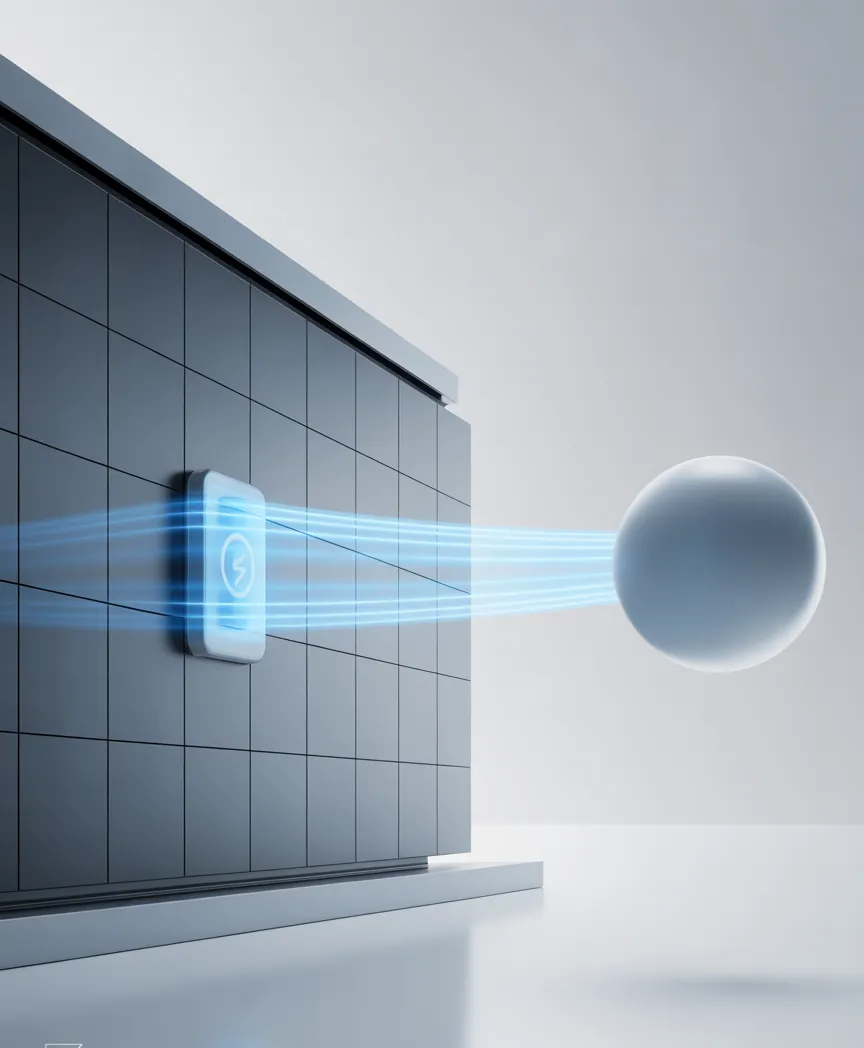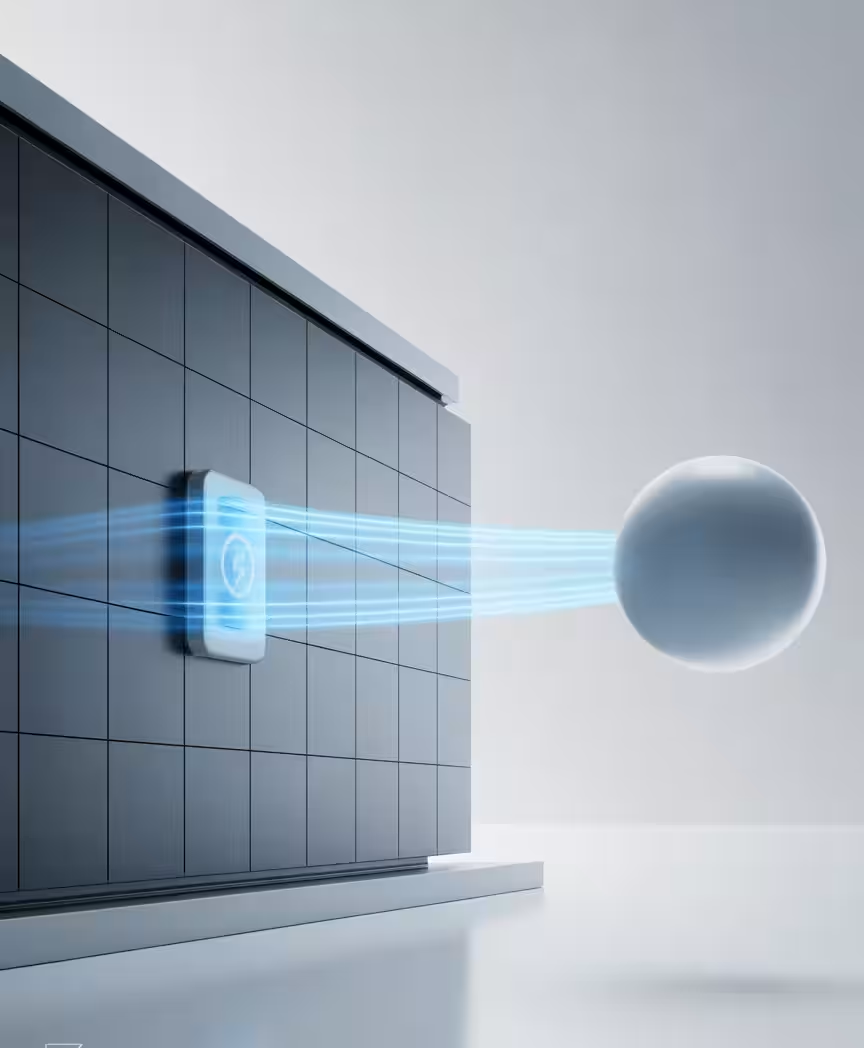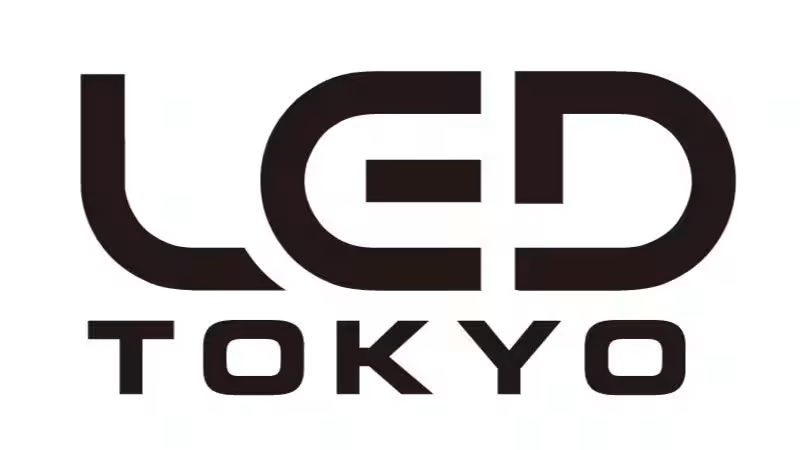

Innovative Collaboration Between LED TOKYO and the University of Tokyo on Wireless Power for LED Panels
LED TOKYO and the University of Tokyo: A Groundbreaking Collaboration
In a significant step towards innovation in the field of LED technology, LED TOKYO Inc. has embarked on a collaborative research project with Associate Professor Yoshitetsu Naruse from the Graduate School of Engineering, University of Tokyo. This initiative aims to leverage wireless power technology to revolutionize the functionality of large LED panels, thereby enhancing their usability across various applications.
Traditionally, power supply to LED panels has relied heavily on wired connections, which can limit flexibility in installation and operation. Recognizing the growing need for a more adaptable solution, LED TOKYO has partnered with Professor Naruse, an expert in wireless communication, wireless power transmission, and data analysis. This partnership is pivotal in addressing the complex technological challenges associated with transitioning from wired to wireless power systems.
The project will focus on developing a prototype wireless power system specifically designed for large LED panels. The goal is to not only validate the feasibility of wireless power transfer but also to assess its performance under real-world conditions. This process involves rigorous testing and evaluation to pinpoint the technological hurdles that must be overcome for successful implementation.
Professor Naruse's extensive research background positions him uniquely to tackle the multifaceted challenges presented by this transition. His expertise in integrating different technologies will be crucial as the team seeks to enhance the efficiency and effectiveness of wireless power systems for LED applications. The anticipated outcome is not just a theoretical model but a practical, testable system capable of real-world deployment.
As part of the research, both parties aim to document their findings meticulously. This documentation will play a crucial role in laying the groundwork for future developments in wireless power technology, serving as a reference point for subsequent innovations in the field. By systematically identifying and addressing the complexities involved, the collaboration intends to contribute significantly to the body of knowledge surrounding wireless power and its applications in LED technology.
In addition to technical advancements, this project highlights LED TOKYO's commitment to addressing societal challenges through academic partnerships. By fostering collaboration with researchers and institutions, the company seeks to promote a sustainable and enriched society. LED TOKYO's ongoing support for research endeavors is an integral part of its mission to drive progress and innovation.
Moreover, as the project unfolds, the potential benefits reach beyond just the LED panel industry. The successful implementation of wireless power technology could pave the way for new solutions in various sectors, from advertising and entertainment to urban infrastructure and beyond. By reducing dependencies on wired installations, businesses can explore more flexible and creative uses of LED panels in public spaces and commercial venues.
As this collaboration progresses, stakeholders and industry watchers are encouraged to keep an eye on the developments stemming from this innovative partnership. The implications of successful wireless power technology for LED panels could reshape industry standards and drive further advancements in related fields. The future of LED technology is bright, and with the joint efforts of LED TOKYO and the University of Tokyo, the possibilities are limitless.
Stay updated as we follow this exciting journey in LED technology and wireless innovation, showcasing how collaborative research can lead to significant breakthroughs in enhancing our everyday environments.


Topics Consumer Products & Retail)










【About Using Articles】
You can freely use the title and article content by linking to the page where the article is posted.
※ Images cannot be used.
【About Links】
Links are free to use.